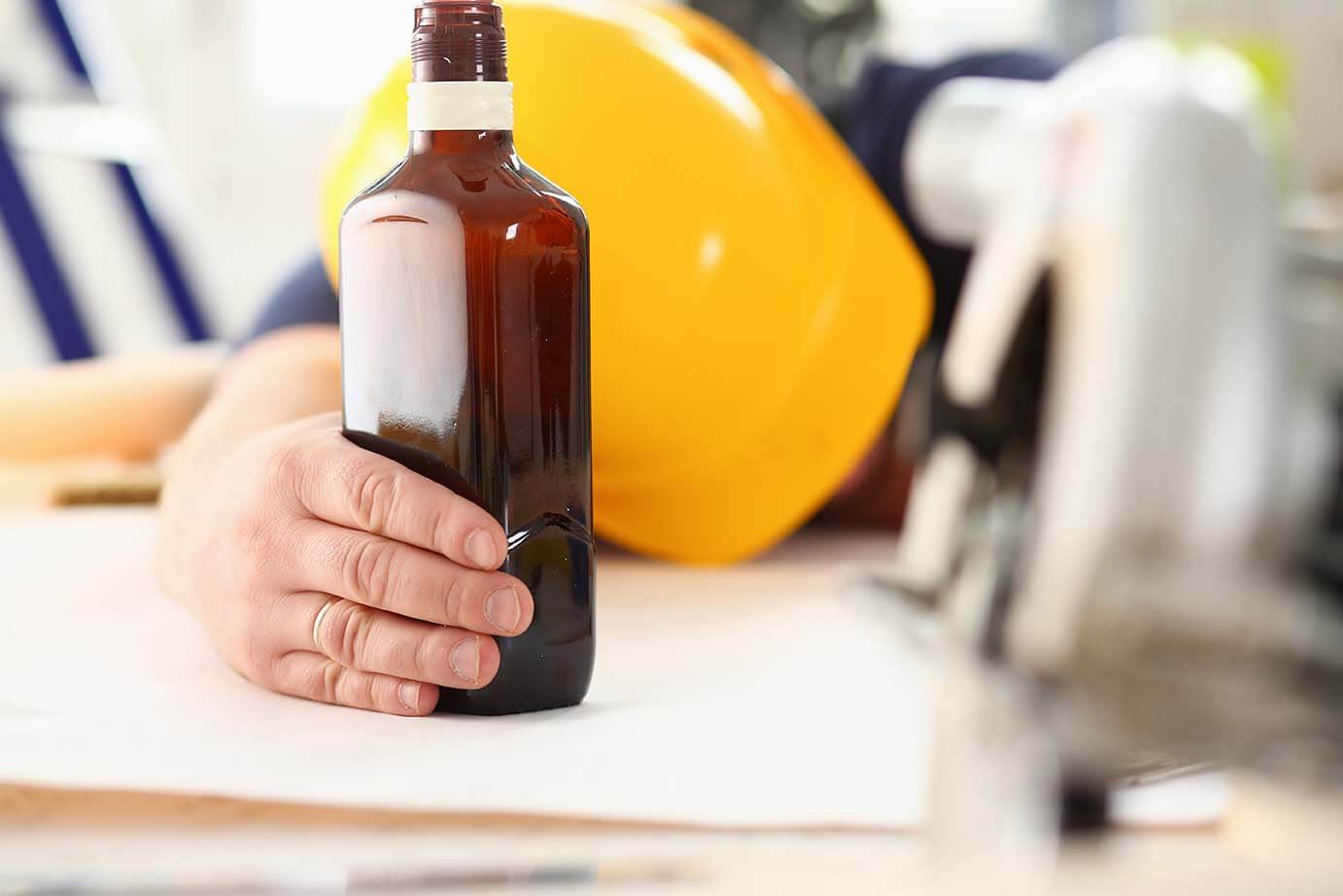How to Handle a Colleague Drinking at Work?

Being drunk is bad enough, but being drunk while at work is a whole lot worse. If you observe that a colleague is indeed under the influence of alcohol at work, what should you do? What is the best way to handle a colleague drinking at work? Here are some points that may help you.
It’s not easy
To be clear, handling cases like this at work is harder than it seems. After all, once an instance of being under the influence of alcohol is reported to management, you are essentially helping put the job of your colleague—who could be a friend—in jeopardy, especially when the company has a clear-cut workplace drug and alcohol policy in place.
Then again, things could get worse by not doing anything about it. A drunk colleague could end up harming someone else at work, and that will be on you because you just stood idly by and let a colleague impaired by alcohol go about his or her duties.
Refer the matter to HR
Before you do anything, make sure your colleague is indeed drunk.
Fortunately, the signs that a person is drunk are quite easy to spot. Slurred or rambling speech, glassy or red eyes, stumbling, and the smell of alcohol on their breath all point to intoxication. If you’re friends with your colleague, you might want to talk to him or her about it, but the best way to go about it is to refer the matter directly to Human Resources, who are presumably more equipped to handle cases of drunkenness at work.
Typically, HR officers go for a disciplinary response, especially when there has always been a drug and alcohol testing program in place.
More often than not, workers found to be drunk at work are reprimanded, suspended, or in the case of workers in safety-sensitive jobs, summarily sacked. However, many HR officers actually give a more compassionate response a try. They sit the concerned employee down, and speak to them alone, usually opening with a question asking them how they are. To make themselves clear, they will tell the worker that there are some concerns, and that’s why they are asking about things. Usually, they have observable data in hand, such as work errors and attendance records that prove absenteeism.
If the worker admits to having a drinking problem, management can offer help such as counselling, or even the chance to take a sick leave to recover or get a doctor’s appointment. On the other hand, if the employee goes the denial route, HR officers can opt to recommend an alcohol test, especially when there is reasonable suspicion that the employee is under the influence at work. If a workplace drug and alcohol policy is in place, an employee will be dealt with in accordance with that policy if and when the alcohol test returns a positive result.
Alcoholism in the workplace is an issue of grave concern, as alcohol is proving to be even more dangerous than illegal drugs. Far too many workplace accidents have been caused by drunkenness. It should be dealt with immediately, because the consequences of not facing it could be much, much worse.
Protect your workplace
Safework Health has helped thousands of businesses across Australia protect their workplace from drug and alcohol abuse and misuse.
Contact us today to find out how we can support your business.
